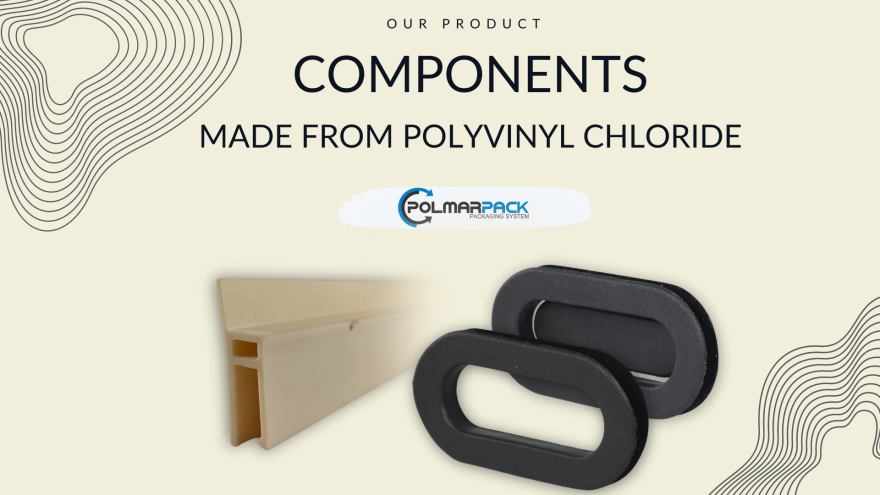


Polyvinyl chloride (PVC) is an extraordinary material that has undoubtedly transformed the world we live in today. Without it, many everyday objects would either not exist or be prohibitively expensive due to the need for alternative, costlier materials.
The history of PVC dates back to 1872 when it was created by the German chemist Eugen Baumann, based on vinyl chloride that had been synthesized earlier in 1835 under the supervision of Henri Victor Regnault. The first batch was obtained by placing a vessel of vinyl chloride in sunlight for four weeks. This led to a reaction in which low molecular weight chemical compounds reacted with each other, forming compounds with higher molecular weight.
Thanks to its remarkable thermoplastic properties, high mechanical strength, resistance to various solvents, and biological agents, polyvinyl chloride has found wide applications in the construction industry. It is used to produce packaging, medical equipment, and even vinyl records. PVC is resistant to corrosion, moisture, combustion, and atmospheric conditions. Additionally, polyvinyl chloride is an excellent thermal insulator and is not prone to abrasion. Another advantage of PVC is its full recyclability, making it an environmentally friendly material.
In our company, we use PVC for the production of handles, H-profiles, and selected complementary components.